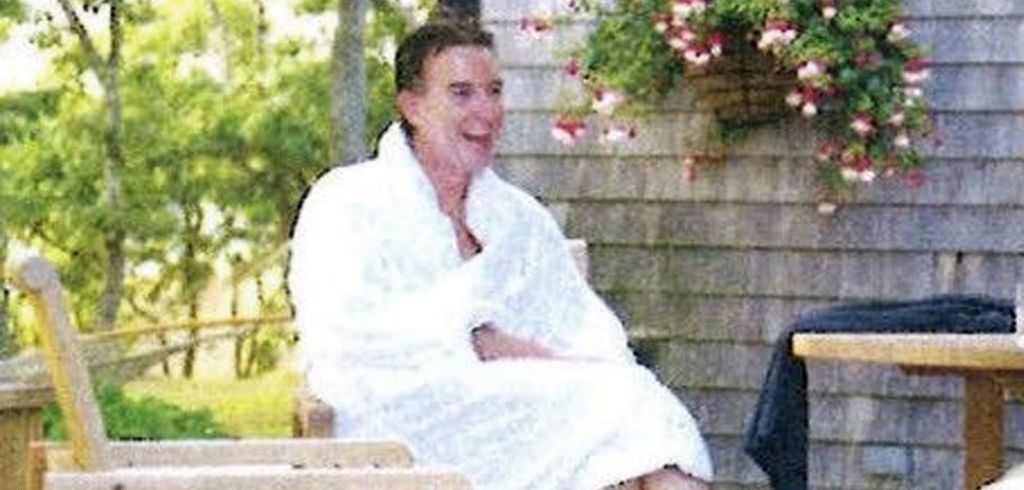- Lord Mandelson is under fire for past ties to Jeffrey Epstein, including calling him his “best pal” in a 2003 letter.
- Documents released by US lawmakers include personal messages and photos from Epstein’s birthday book.
- Mandelson admits regret and embarrassment, saying he was misled by Epstein’s assurances.
- Prime Minister Keir Starmer defends Mandelson’s appointment, citing due process.
- Political leaders and victims are calling for transparency and questioning Mandelson’s suitability as ambassador.
Britain’s ambassador to the United States, Lord Peter Mandelson, is facing mounting pressure following the release of documents linking him to convicted sex offender Jeffrey Epstein. The revelations, which include a letter describing Epstein as his “best pal,” have triggered a wave of criticism and raised questions about the vetting process behind Mandelson’s appointment.
The documents, published by US lawmakers, include excerpts from a 2003 birthday book compiled for Epstein, featuring personal messages and photographs from Mandelson. Among them are poetic tributes and images taken on Epstein’s private Caribbean island — a location now infamous for its connection to underage abuse.
Speaking in a recent interview, Mandelson admitted to feeling “profound regret” over the friendship, which he maintained even after Epstein’s 2008 conviction. He described the relationship as “an albatross around my neck” and acknowledged that more correspondence between them is likely to surface.
The timing of the scandal is politically sensitive, coming just days before US President Donald Trump’s state visit to the UK. Prime Minister Keir Starmer has defended Mandelson, stating that “full due process” was followed during his appointment and that the ambassador continues to play a key role in UK-US relations.
However, Conservative leader Kemi Badenoch has called for transparency, demanding the release of vetting documents and questioning whether Starmer knew about the depth of Mandelson’s ties to Epstein. Liberal Democrat leader Sir Ed Davey also pressed the prime minister on whether the Trump administration holds compromising material on Mandelson.
The controversy has reignited scrutiny over Mandelson’s judgment, particularly his decision to remain close to Epstein after the financier’s criminal record became public. It has also prompted calls from victims and political figures for Mandelson to step down, citing reputational damage to Britain’s diplomatic standing.
Mandelson insists he never witnessed wrongdoing and attributes his continued association with Epstein to misplaced trust. He denies any business dealings with Epstein and says he was never introduced to women in the way others were — noting that he is a gay man and was often accompanied by his partner.
As the fallout continues, the government faces a delicate balancing act: defending a seasoned diplomat while navigating the optics of a scandal that touches on one of the most notorious criminal networks of the past two decades.


